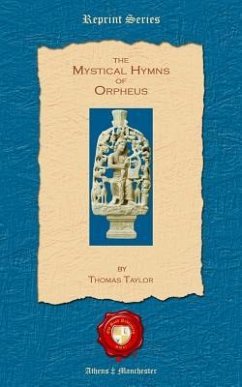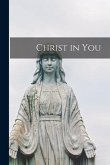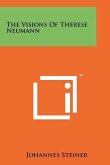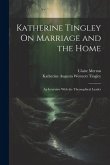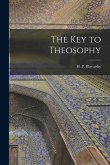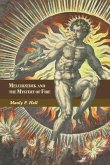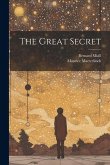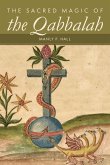In the Orphic rhapsodies, neglecting two principles, together with one who is delivered in silence, a third principle, posterior to the two, is established by the theology as the original; because this first of all possesses something effable and commensurate to human discourse. For in the former hypothesis, the highly reverenced and undecaying Time, the father of aether and chaos, was the principle: but in this Time is neglected, and the principle becomes a dragon. It likewise calls triple aether, moist; and chaos, infinite; and Erebus, cloudy and dark; delivering this second triad analogous to the first: this being potential, as that was paternal. Hence the third procession of this triad is dark Erebus: its paternal and summit aether, not according to a simple but intellectual subsistence: but its middle infinite chaos, considered as a progeny or procession, and among these parturient, because from these the third intelligible triad proceeds. What then is the third intelligible triad? I answer the egg; the dyad of the natures of male and female which it contains, and the multitude of all-various seeds, residing in the middle of this triad: And the third among these is an incorporeal God, bearing golden wings on his shoulders; but in his inward parts naturally possessing the heads of bulls, upon which heads a mighty dragon appears, invested with the all-various forms of wild beasts. This last then must be considered as the intellect of the triad; but the middle progeny, which are many as well as two, correspond to power, and the egg itself is the paternal principle of the third triad: but the third God of this third triad, this theology celebrates as Protogonus, and calls him Jupiter, the disposer of all things and of the whole world; and on this account denominates him Pan. And such is the information which this theology affords us, concerning the genealogy of the intelligible principles of things.
Hinweis: Dieser Artikel kann nur an eine deutsche Lieferadresse ausgeliefert werden.
Hinweis: Dieser Artikel kann nur an eine deutsche Lieferadresse ausgeliefert werden.

